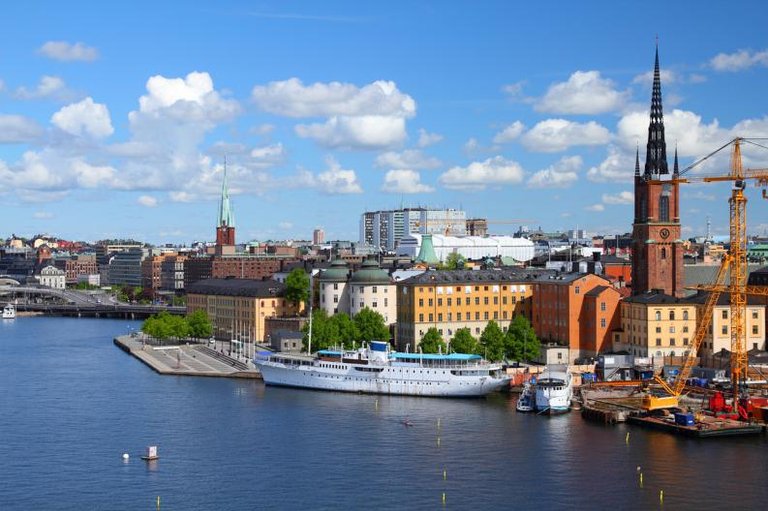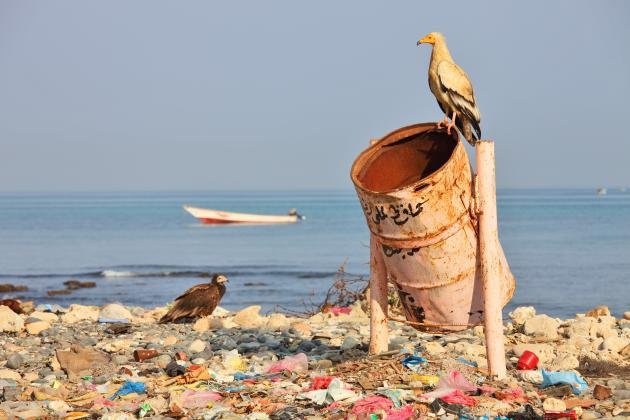
It seems that the Scandinavians do everything better than the others. We religiously follow the police series like The Bridge, Borgen, Wallander and we want to adopt their Hygge philosophy for our lives.
The rankings of the most prosperous nations in the world always include the countries of northern Europe among the top places and with good reason: they have the best rates of quality of life and education.
They look so perfect that even their problems seem idyllic. The one from Sweden is an example. It turns out that the Scandinavian country has a serious problem with garbage: they have so little that they are forced to import from other countries.
Yes, as you read it. Sweden, the eighth best country in the world, reuses almost 100% of its waste and has to import about 800,000 tonnes of waste from other countries to keep its power plants afloat.
The Swedish revolution.

To say that the world has a big problem with waste is no surprise to anyone. In fact, each year we generate more than one billion tons of garbage and half of the world's population has no way to dispose of it safely.
So a case like the Swedish is an incredible example of what we can do to reduce that number and gives us hope in the future. According to the government website, in 1975 the Swedes reused only 38% of their waste and now that figure reached 99%. But not all that is recycled.
Half of the waste is incinerated to generate energy and heating for the country, but even they admit that this is not the best solution. Burning trash is a cleaner way to generate energy than using fossil fuels, but it also releases carbon dioxide into the air and that is why some experts warn it is the worst way to dispose of waste.
Whatever the ideal way to reuse the garbage, the Swedes are on the right track. Weine Wiqvist, CEO of the Waste Management and Recycling Association, believes they can do more and explain that it takes less energy to reuse a material than to burn and make a new one.
With that in mind, the Swedes are trying to make the shift from incineration to recycling with actions that promote it, such as the H & M campaign that accepts used clothes from customers in exchange for purchase vouchers. It seems that the Scandinavians themselves are an example to follow after all.
Great post about waste-to-energy (WtE), however, there is a movement away from WtE as it is inherently problematic that we are burning finite resources that could and should be used again.
The circular economy model has been adopted by the EU and their parliament recently called for ending the subsidies given to WtE due to the technology's direct effect on negating the circular economy.
Resources need to be valued, and reused as long as possible. The need to move away from single-use disposable items is real, and the support to change the norm is strong.
As countries begin to adopt the circular economy, their energy source choices must be evaluated as well considering the possible decrease in fuel source if they currently burn wastes for energy.
The renewable energy sector is what is needed for a circular economy and to ensure we all have a future Earth to inhabit for generations to come.